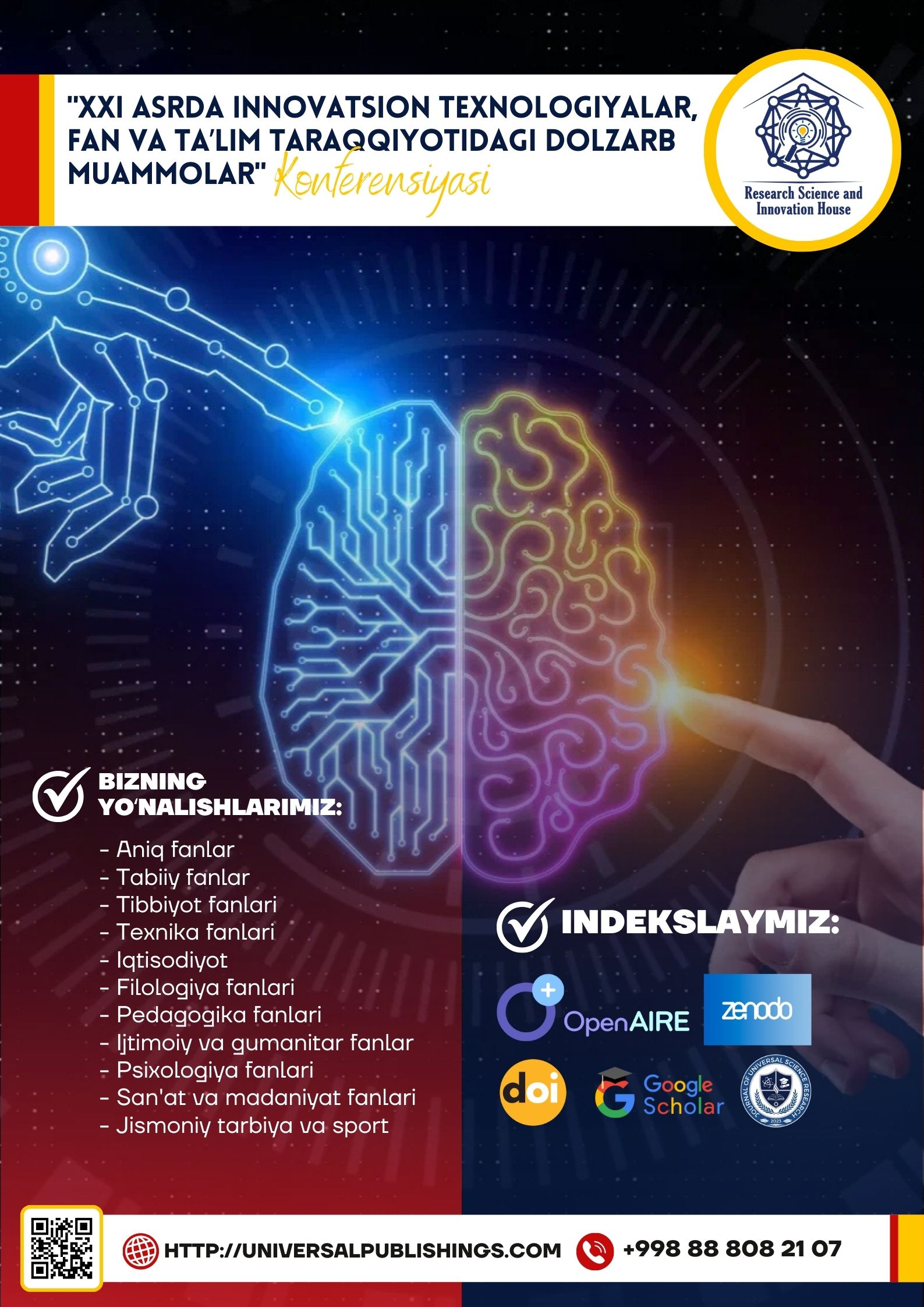Abstract
In linguistics, modification of phonemes, comparative phonetics, and comparative phonology refer to the process of taking the small units or utterances in any given language from one context to another. The paper outlines the ways in which this may occur as a result of linguistic and social influences through assimilation, elision, and substitution. The article then overviews comparative phonetics-a part of phonetics that deals with articulation, acoustics, and auditory perception of all kinds of speech sounds across languages. Further, the paper discusses such issues of comparative phonology as how different languages sort out and arrange their phonemes into categories, with a special emphasis on contrasts, including vowel and consonant systems, stress, and intonation. Such a comparison allows linguists to see through the diversity of the sound systems of languages and thus give some ideas concerning language history, development, and relationships.
References
Abercrombie, D. (1967). Elements of General Phonetics. Edinburgh University Press. 2. Catford, J. C. (2001). A Practical Introduction to Phonetics. Oxford University Press. 3. Crystal, D. (2008). A Dictionary of Linguistics and Phonetics (6th ed.). Blackwell Publishing. 4. Ibrohimovna, X. M. (2023). The Importance of Methods in Language Teaching Process. Web of Scholars: Multidimensional Research Journal, 2(1), 20-23. 5. Тешабоева, Н. (2023). Teaching writing as a major part of productive skills in mixed ability classes . Информатика и инженерные технологии, 1(2), 652–656. Извлечено от https://inlibrary.uz/index.php/computer-engineering/article/view/25759 6. Teshaboyeva Nafisa Zubaydulla kizi, & Akramov Ibrohimjon. (2023). WORD FORMATION. COMPOUNDING. “XXI ASRDA INNOVATSION TEXNOLOGIYALAR, FAN VA TAʼLIM TARAQQIYOTIDAGI DOLZARB MUAMMOLAR” Nomli Respublika Ilmiy-Amaliy Konferensiyasi, 1(12), 109–113. Retrieved from https://universalpublishings. com/index.php/ itfttdm/ article/view/3187 7. Teshaboyeva, N., & Yakubova, N. (2023). CHANGES OF MEANING OF WORDS. Центральноазиатский журнал образования и инноваций, 2(12), 126-129. 8. Sharifova Dinora Tohir qizi, & Teshaboyeva Nafisa. (2023). “ NOUNS AND THEIR GRAMMATICAL CATEGORIES”. Новости образования: исследование в XXI веке, 2(16), 292–297. Извлечено от http:// nauchniyimpuls.ru/index.php/noiv/article/view/13128 9. Teshaboyeva Nafisa Zubaydulla kizi, & Akramov Ibrohimjon. (2023). WORD FORMATION. COMPOUNDING. “XXI ASRDA INNOVATSION TEXNOLOGIYALAR, FAN VA TAʼLIM TARAQQIYOTIDAGI DOLZARB MUAMMOLAR” Nomli Respublika Ilmiy-Amaliy Konferensiyasi, 1(12), 109–113. Retrieved from https://universalpublishings. com/index.php/ itfttdm/ article/view/3187 10. Qodirova Aziza Yunusovna, & Teshaboyeva Nafisa Zubaydulla qizi. (2023). “VERBS AND THEIR GRAMMATICAL CATEGORIES”. Новости образования: исследование в XXI веке, 2(16), 280–283. Извлечено от http://nauchniyimpuls.ru/index.php/noiv/article/view/13126 11. Tuxtayeva Aziza Ilhom qizi, & Teshaboyeva Nafisa. (2023). Word Formation: Compounding . “Conference on Universal Science Research 2023”, 1(12), 113–115. Retrieved from https://universalpublishings. com/index. php/cusr/article/view/3185 12. Teshaboyeva Nafisa Zubaydulla, & Iskandarova Sarvinoz Shukurullo qizi. (2023). THE CLASSIFICATION OF SYNONYMS AND THEIR SPECIFIC FEATURES. “XXI ASRDA INNOVATSION TEXNOLOGIYALAR, FAN VA TAʼLIM TARAQQIYOTIDAGI DOLZARB MUAMMOLAR” Nomli Respublika Ilmiy-Amaliy Konferensiyasi, 1(12), 126–131. Retrieved from https://universalpublishings.com/index.php/itfttdm/article/view/3191 13. Тешабоева, Н. (2023). Teaching writing as a major part of productive skills in mixed ability classes . Информатика и инженерные технологии, 1(2), 652–656. Извлечено от https://inlibrary.uz/index.php/computer-engineering/ article/view/25759 14. Teshaboyeva, N., & Yakubova, N. (2023). WORD FORMATION. COMPOUNDING. Development of pedagogical technologies in modern sciences, 2(12), 187-192. 15. Teshaboyeva, N. (2023). Compound sentences in the English language. Yangi O’zbekiston taraqqiyotida tadqiqotlarni o’rni va rivojlanish omillari, 2(2), 68-70. 16. Nafisa, T. (2023). THE USA ECONOMY, INDUSTRY, MANUFACTURING AND NATURAL RESOURCES OF GREAT BRITAIN. INTERNATIONAL JOURNAL OF RECENTLY SCIENTIFIC RESEARCHER’S THEORY, 1(9), 94-97. 17. Nafisa, T. (2023, December). Secondary ways of word formation. In “ Conference on Universal Science Research 2023” (Vol. 1, No. 12, pp. 109-112). 18. Nafisa, T. (2023). VOWELS AND THEIR MODIFACATIONS. Новости образования: исследование в XXI веке, 2(16), 298-305. 19. Nafisa, T. (2023, December). Secondary ways of word formation. In “ Conference on Universal Science Research 2023” (Vol. 1, No. 12, pp. 109-112). 20. Nafisa, T. (2023). THE EDUCATION SYSTEM OF THE USA: PRESCHOOL EDUCATION, SECONDARY AND HIGHER EDUCATION, SCHOOL FORMS. The Role of Exact Sciences in the Era of Modern Development, 1(6), 53-57. 21. Qizi, T. N. Z., & Umedovich, M. Y. (2023). AMERICAN-BASED PRONUNCIATION STANDARDS OF ENGLISH. Scientific Impulse, 2(15), 563-567. 22. Nafisa, T. (2023, December). Word Formation: Compounding. In “Conference on Universal Science Research 2023” (Vol. 1, No. 12, pp. 113-115).

